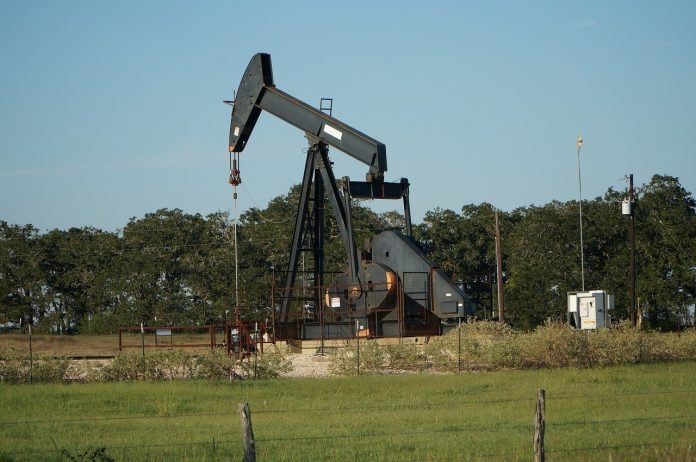The Supreme Court will make a landmark ruling about whether councils must factor in the long term climate impact when considering applications for fossil fuel production plants.
The Law Lords will hear the case of campaigner Sarah Finch who has been granted permission to appeal to the Supreme Court in her fight against the drilling of oil wells in Surrey.
Sarah believes the 2019 decision by Surrey County Council to allow wells to be drilled at Horse Hill, north east of Gatwick Airport, was unlawful because the “downstream” emissions from the proposed oil wells should have been factored into the Council’s Environmental Impact Assessment of the production of 3.3 million tonnes of oil to be produced by the wells over the next 20 years.
Court of Appeal judges were divided over the claim and their ruling in March 2022 means that at present other local councils can grant permissions for commercial fossil fuel production without the climate impact being part of an Environmental Impact Assessment.
Sarah believes the matter is of public importance and applied for permission to appeal to the Supreme Court for a final ruling on the case. Sarah now expects a hearing to take place during the course of next year.
Represented by law firm Leigh Day, Sarah’s argument will focus on the question of whether regulations 4 and 18 and paragraph 5 of Schedule 4 of the Environmental Impact Regulations require downstream emissions of fossil fuel development to be assessed, a matter that has not been considered by the Supreme Court or the House of Lords before.
At the Court of Appeal, Justice Moylan agreed that the failure to factor in “downstream” emissions produced through the commercial use of the oil to be extracted from the wells meant that the Environmental Impact Assessment did not comply with the regulations and was therefore unlawful.
However, two other judges held that it was ultimately a matter for the local planning authority to decide whether the “downstream” emissions were a significant effect of the development. They ruled that the reasons given by Surrey County Council for deciding that the downstream emissions were not an effect of the development, and therefore did not require assessment, were lawful.
Sarah has campaigned with the Weald Action Group and others against the proposed expansion of the Horse Hill Developments Ltd site, which would result in oil production well into the 2040s, perilously close to the Government’s 2050 target for Net Zero carbon emissions. It is estimated that the development could lead to more than 10 million tonnes of CO2 equivalent being released into the atmosphere when the oil is ultimately burned.
In granting permission to appeal, the Court of Appeal also awarded costs protection for Sarah Finch, in recognition of the importance of ensuring access to environmental justice under the United Nation’s Aarhus Convention, to which the UK is a signatory. Sarah Finch is grateful for the support of the Law for Change Fund.
Sarah Finch said:
“I’m delighted that I will get to take my case to the Supreme Court. The Court wouldn’t have granted permission if it didn’t think this was a very important legal issue which needs to be resolved.
“Granting planning permission for more oil extraction in the middle of a climate crisis without considering its full impact on our planet makes no sense and is, I believe, unlawful.
“If councils don’t assess all the climate impacts of a proposed development before giving it permission, then we have no chance whatever of staying within safe climate limits.”
Rowan Smith, Leigh Day environmental law solicitor who represents the campaigner, said:
“The Supreme Court’s very welcome decision to hear this matter is further proof that our client has been right to continue this long-running legal battle. At its heart, this case is about whether it is lawful for carbon emissions resulting from the use of oil to be completely ignored when permission is granted for that oil to be extracted. Our client has been clear throughout that, if that was allowed, then the whole system of environmental legal protection would be undermined. We look forward to presenting her case to the UK’s highest court.”


paxlovid buy: paxlovid 1st – Paxlovid buy online